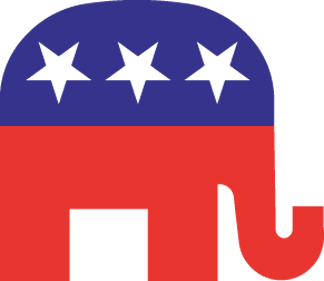Unemployment rates are through the roof and the meaning of 'living paycheck to paycheck are more relevant than ever.
Fred Barnes, a blogger for NPR writes,
"Employment dipped to 137,960,000 in December 2009. That may seem like a lot of Americans with jobs, but it happened to be the low point in the recession that began before President Obama took office the prior January. Now jump to last month. Employment had risen to 139,573,000, an increase of 1,613,000 people in the workforce in 14 months. That's pretty impressive, right? Quite the contrary. By the standard of earlier economic recoveries, that rate of pickup in jobs is very poor."
I do agree with Barnes when he spoke of Reagan Vs. Obama's plan of action for restimulating our economy. Reagan had the right idea to reduce spending and taxes. Obviously spending more then we have and handing out stimulus checks might boost our economy in the short run, but what happens when that money runs out and there is no more to pump into businesses or even our gas tanks? I agree that if we as a nation reduced our spending and cut taxes then we would eventually get our economy back on balance. It's really a simple PPV chart. The more the government tampers with the economy, the more we end up in a bigger bind.
But is it because we are scarce in the job field? Some such as POP, an anonymous blogger for Pop Economics. He classifies this job market decline as 'structural unemployment', which is a form of unemployment resulting from a mismatch between demand in the labor market and the skills and locations of the workers seeking employment, as defined by Wikipedia. The jobs we have today are reinventing themselves to adjust to technology takeover. The types of jobs that used to be in demand are no longer a need and a we as a a society have a new set of demands. Some types of jobs that are newly in demand are biomedical engineers, software engineers, and market analyst for corporations to name a few.
The problem isn't just that there aren't enough jobs, but that they are rapidly changing to what our society demands. I also agree on this basis, but at the same time, will these jobs continue to be in demand for years to come? Would it be worth getting a degree in some of these fields, or will something better come along now that technology is rapidly changing day to day?
Articles:
http://www.popeconomics.com/2011/01/05/2011s-job-market-the-separation-of-the-haves-and-have-nots/
http://www.npr.org/2011/03/22/134759150/weekly-standard-reagan-versus-obama-on-jobs

